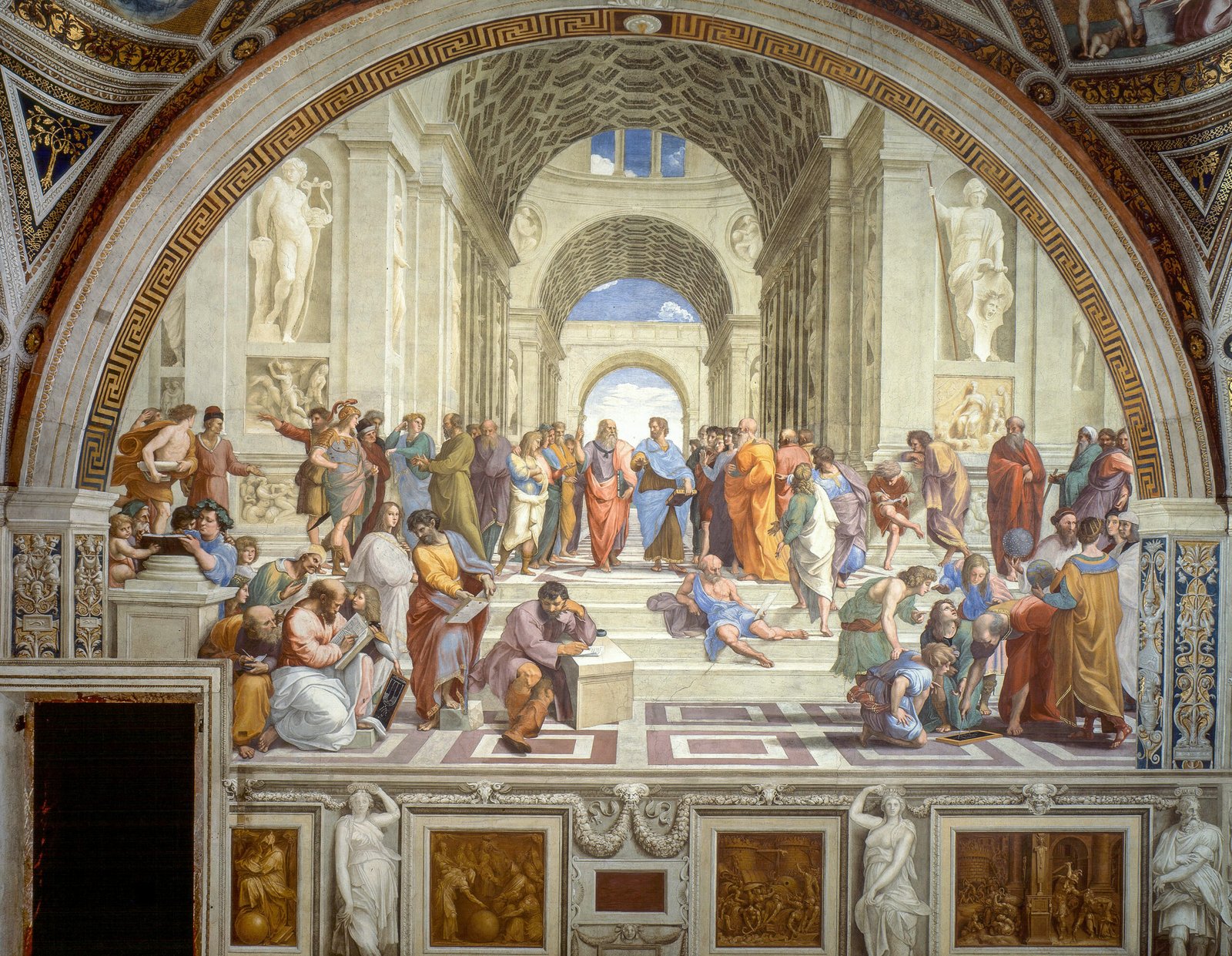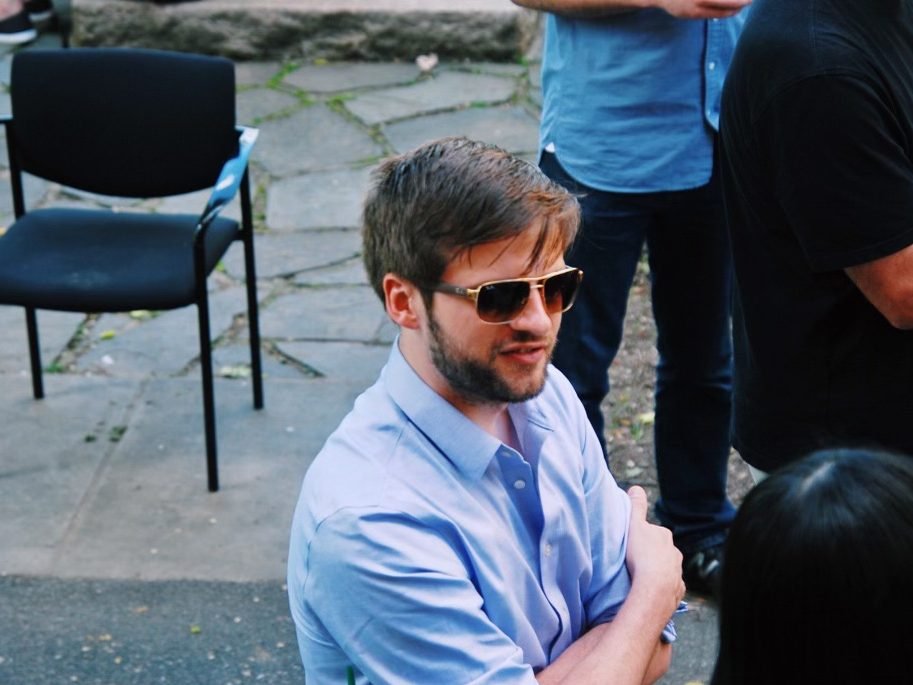My research focuses on the intricate relationship between love, theology, belief, and ethics, as explored by key figures in the Platonic tradition, including Plato, Plotinus, Augustine, and Bonaventure. A central theme in my work is understanding how love of the Divine—often seen as God—profoundly shapes what individuals believe and how they act.
What is the most basic reason we believe what we believe, and act the way we do? My research focuses on one strand of historical Platonists’ (and particularly, Plato’s) answer to this question. Their answer is that our desire for whatever object we identify with happiness determines both our beliefs and the scope of our actions. For these figures, because that desire is so ultimate and all-encompassing, it determines the scope of our entire way of life. The correct thing for human beings to choose to desire as their final good, for these Platonists, is the Divine, or God, and by choosing this as the object of one’s love, one’s beliefs and actions will naturally approach truth and goodness (ethicality). I have written papers in some way related to this topic in Plato, Plotinus, Augustine, and Bonaventure. My dissertation, The Religiosity of the Philosophical Life: Plato on Eros and the Human Soul, is a total reconceptualization of what philosophy represents for Plato, emphasizing that it is a comprehensive way of living, dependent on eros, and attuned to the immaterial Divine.
I argue, therefore, that philosophy is a religious discipline for Plato, and that we will only seek out and be receptive to learning the truth to the degree that we first desire the immaterial Divine for its own sake.
The Religiosity of the Philosophical Life: Plato on Eros and the Human Soul
Most philosophers today assume that philosophy is a discipline that all human beings have equal access to, which uses reason to investigate reality. Conversely, there is an idea which has been almost completely forgotten amongst philosophers today, which was a part of the Augustinian tradition, which held that we can only do theology to the degree we love God, and because of this, it was thought to be of great importance that theologians were also pious people, were saints, so that they could do theology well. I argue in the dissertation that Plato, the founder of western philosophy, thought about philosophy in a way very analogous to the Augustinian tradition. I argue that philosophy basically is natural theology for Plato, since it represents inquiry into the Platonic forms (or what I refer to as the “divine Ideas”) which are divine objects, structuring principles of all reality and of the human mind, which reveal the nature of the Divine. I argue that Plato thus thought that philosophy was a spiritual discipline, in which one’s growing love for and knowledge of the Divine was actually what enabled a person to be more rational, and thus a better philosopher. For Plato, rationality is also bound up with virtue, because he believed that virtue is a type of knowledge.
By this, he meant that in order to be virtuous, we must have an abiding knowledge about how to live which makes us virtuous. What this amounts to is that Plato believes that in order to be virtuous human being, you must be more rational, and in order to be more rational, you must love and seek out the Divine more and more. Wisdom for Plato is a virtue, and we only find wisdom via our own immediate knowledge of the Divine, which is determined by how much we love the Divine. Since what we love is determined by us — ourselves — no one can determine it for us, and this means that ultimately, virtue and wisdom is incommunicable since it is contingent on what we love. It must be discovered by each of us through our own choice, recollected through philosophy. This process of ascent can be helped with the aid of a teacher, but the teacher can only be an aid in this process.


